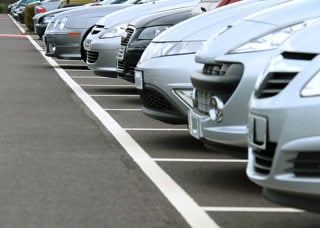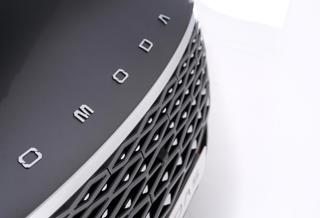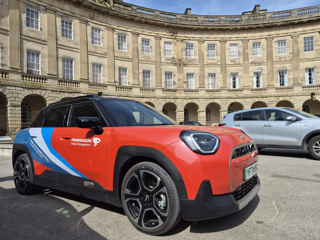Lex Autolease’s ‘Salary Sacrifice’ product will be made available to all large corporate fleets with an existing fleet of more than 500 vehicles or an employee base above 1,000 staff. Companies will decide if it is appropriate to extend the scheme to employees’ friends and family.
Claudia Rose, corporate sales director at Lex Autolease, says: “Our offer is about making company cars available to all and helping all parties share in the tax savings derived from salary sacrifice. There’s no better way to introduce employees – and their friends and family – to cleaner, more affordable and hassle-free motoring.”
A poll conducted by Lex Autolease with company and non-company drivers confirms the growing appetite for such schemes. Over 20% of the 130 employees polled would opt for a company car above other salary sacrifice benefits.
This was bettered only by a company pension (48%) and well ahead of more established schemes like childcare vouchers (3%) and medical insurance (5%).
Further findings from the report illustrate that almost 8 out of 10 drivers (78%) would take up a salary sacrifice vehicle if they had to replace a privately owned car. A similar number (71%) would be enticed if the tax savings were up to £50 better than private leasing.
In fact, Lex Autolease calculates that employees stand to save over £1,000 per year compared to other forms of financing such as PCP schemes, while the employer will generate £500 per vehicle, per year in savings (example: VW Polo 1.4TDi).
Based on the assumption that a customer could achieve a take up rate of around 30 units per month over a three year period, Lex Autolease says this could generate annual savings of over half a million pounds.
Claudia Rose adds: “There is significant pent up demand in the grey fleet sector for employee benefits like company cars, particularly if they offer tax breaks in a hassle-free, payroll based package like salary sacrifice.
“There is no expectation that fleets will make a wholesale switch from traditional contract hire to salary sacrifice but, for corporate businesses with a high number of non-company car drivers, the take up levels could be as high as 10%. And if you consider the cumulative effectives of those NIC savings, it makes sound business sense."



















UglyFashionMedia - 26/11/2010 12:53
Very interesting. I think that people are motivated by such goods as cars, as they are so expensive in comparison to childcare or medical insurance, that people perceive larger savings. It is hard to compare Childcare Vouchers with vehicle benefits, as Childcare is only applicable to people who have Children. With people saving £1,000 per year by taking salary sacrifice cars, it's definitely a worthwhile saving, but Childcare Vouchers, can actually save £1196 per year, per parent! This will change in April, but even so the savings will still be greater. I guess it's all about perception, and the desirability of the goods in queston. There is nothing to stop you taking up both/all of the schemes available to you! More info on the Childcare Vouchers scheme savings here: http://bit.ly/bPVxe9